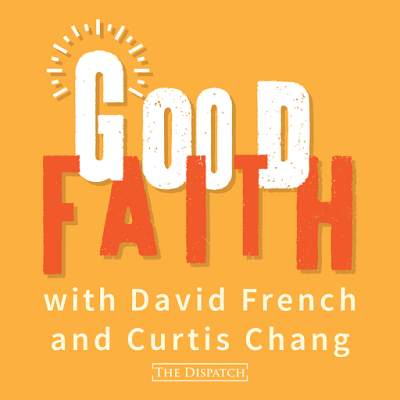In this podcast, David and Curtis return from trips around the world to give us a philosophical insight on courage. From Churchill to Lord of The Rings, stories of virtue can influence our own actions when tests cross our paths. They talk about the power of narratives and how they can build moral courage and character. Both dig into their past to bring up personal models of strength that have influenced who they are today. They wrap up with a critical look at political institutions under this moral framework.
Show Notes:
-There’s a Question My Confederate Ancestors Taught Me To Ask by David French. In this April 26, 2020 Dispatch article, David writes about the incredibly powerful pull of tribe over truth.
-After Virtue: A Study in Moral Theory by Alasdair MacIntyre: Alasdair MacIntyre examines the historical and conceptual roots of the idea of virtue, diagnoses the reasons for its absence in personal and public life, and offers a tentative proposal for its recovery.
-The Literary Churchill: Author, Reader, Actor by Jonathan Rose: Rose examines Churchill’s careers as statesman and author, revealing the profound influence of literature and theater on Churchill’s personal, carefully composed grand story and on the decisions he made throughout his political life.
-Curtis’s account of Churchill's book "Savrola" is taken from Gideon Haigh’s 2014 Sydney Morning Herald article, “Winston Churchill's literary and theatrical influences” and his account of Nuremberg can be found at Nuremberg as the "City of Nazi Party Rallies."
-A Hidden Life: Written and directed by Terrence Malick, this film depicts the true story of an Austrian farmer facing execution for refusing to fight for the Nazis during World War II.






Please note that we at The Dispatch hold ourselves, our work, and our commenters to a higher standard than other places on the internet. We welcome comments that foster genuine debate or discussion—including comments critical of us or our work—but responses that include ad hominem attacks on fellow Dispatch members or are intended to stoke fear and anger may be moderated.
With your membership, you only have the ability to comment on The Morning Dispatch articles. Consider upgrading to join the conversation everywhere.